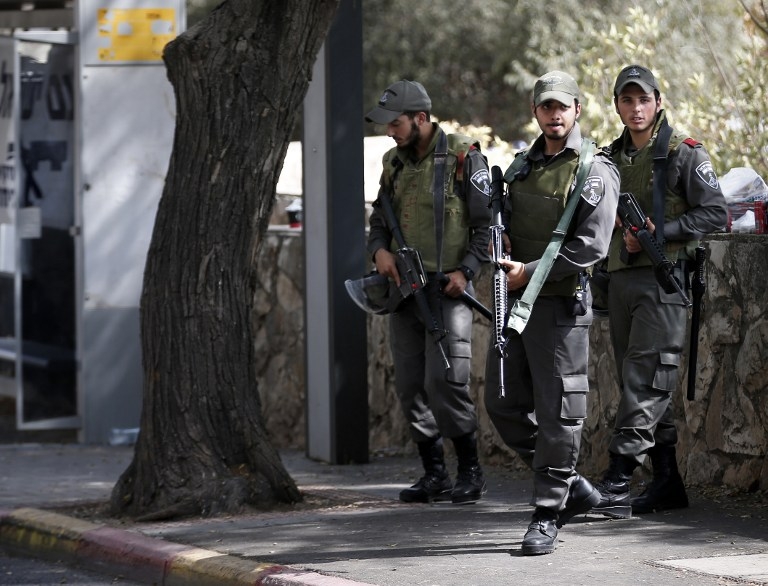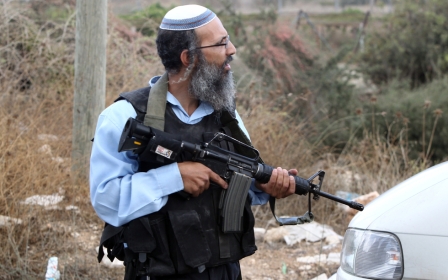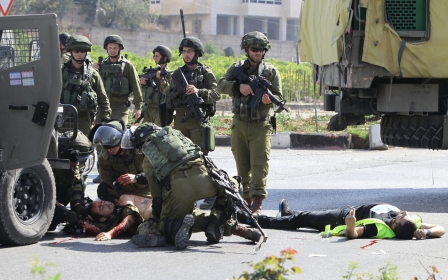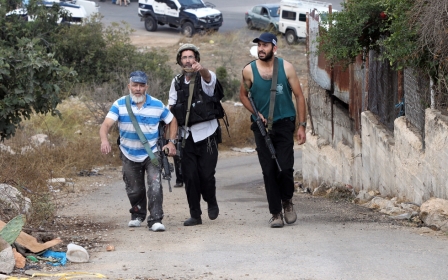Soldier killed and asylum seeker mistaken for attacker shot and beaten to death

An Israeli soldier has been killed and 11 others wounded during an attack at the main bus station in the southern Israeli city of Beersheba on Sunday.
An asylum seeker, identified as Haftom Zarhum, 29, of Eritrea, was also killed when an Israeli security guard mistook him for an attacker. Zarhum had reportedly travelled to Beersheba to obtain a visa and was returning home when he was caught up in the firefight. The incident is now widely being labelled a lynching.
In videos captured at the scene, people and Israeli soldiers are seen attacking and kicking Zarhum even after he is shot and falls to the ground. The crowd hits the bleeding man over the head repeatedly, then pins him to the ground with a chair.
People can also be seen throwing a whole bench at the injured man and dragging his body across the floor. While Zarhum was later taken to hospital he died of his wounds on Monday morning. Footage of the incident has appeared online but is too graphic to be shown.
"One terrorist was shot dead," police said in a statement. A police spokesman said that a second gunman had taken part in the attack and was moderately wounded by Israeli forces.
However, the second man has since been identified as Eritrean asylum seeker Zarhum, who was not involved in the attack.
The shooting was the latest in a series of attacks by Palestinians targeting civilians and security forces in Israel and the West Bank in a wave of violence and unrest raising fears of a full-scale Palestinian uprising.
Including alleged assailants, 42 Palestinians and eight Israelis have been killed since an upsurge in violence began on 1 October.
The soldier who was killed in the attack on Sunday has been named as 19-year-old Sergeant Omri Levy.
The bus station is a closed compound with security guards posted at the entrances. It is unclear how the gunman managed to get past the guards.
Correction: An earlier version of this article stated that two Palestinian gunmen opened fire.
Middle East Eye propose une couverture et une analyse indépendantes et incomparables du Moyen-Orient, de l’Afrique du Nord et d’autres régions du monde. Pour en savoir plus sur la reprise de ce contenu et les frais qui s’appliquent, veuillez remplir ce formulaire [en anglais]. Pour en savoir plus sur MEE, cliquez ici [en anglais].





